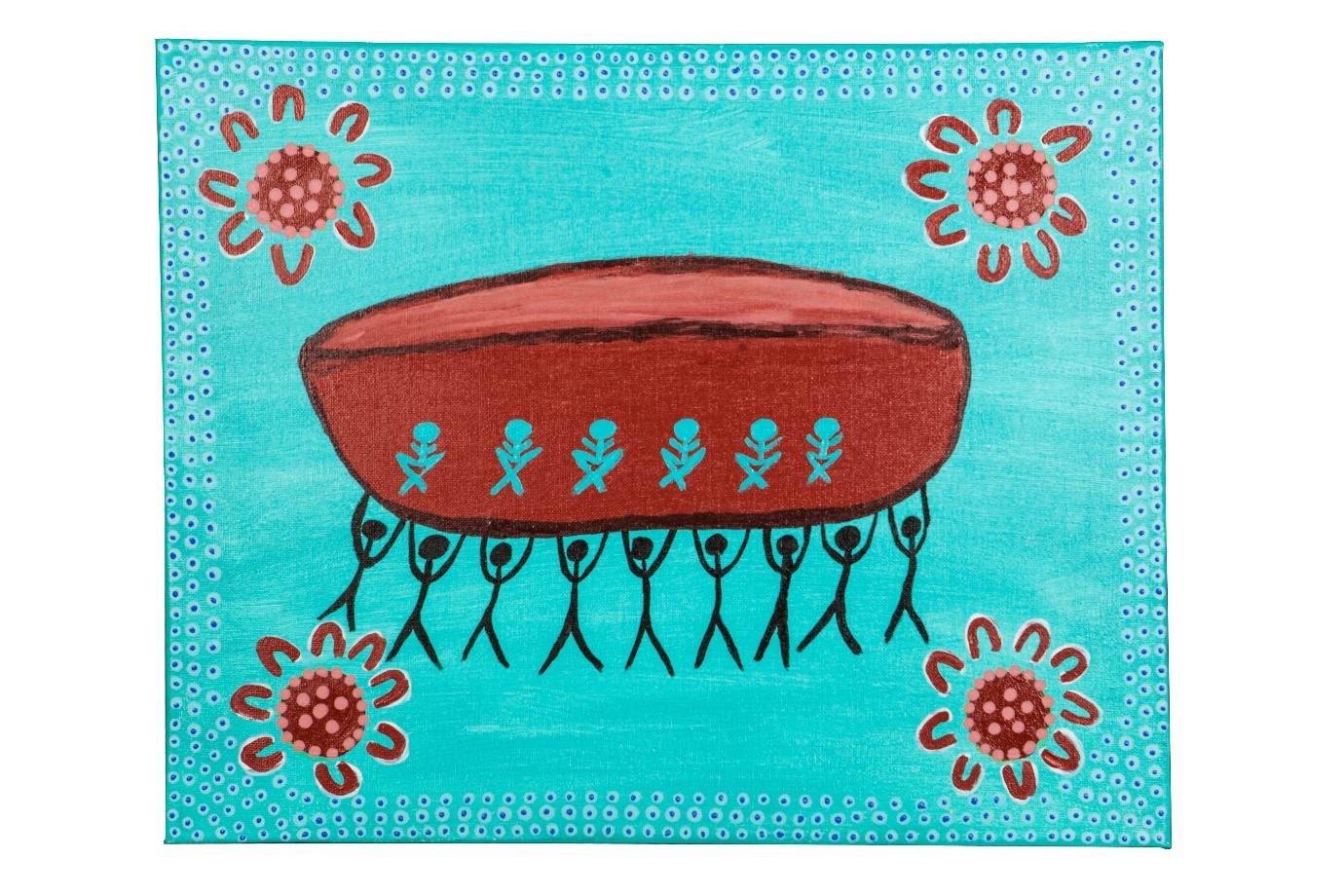Search
Research
The role of governance in Indigenous medical education researchThis article considers the role of governance in Indigenous medical education research through the lens of an Australian Aboriginal research project titled Healing Conversations. The Healing Conversations project is developing and testing a targeted educational framework for improved clinical communication between healthcare practitioners and Australian Aboriginal peoples in regional and urban locations. It is proposed that an effective governance approach can support Indigenous and non-Indigenous stakeholders to work together in decision-making structures to enable outcomes that promote and prioritise Indigenous worldviews and values in medical education research.
Research
Can the CHA2 DS2 -VA schema be used to decide on anticoagulant therapy in Aboriginal and other Australians with non-valvular atrial fibrillation?The Australasian guidelines recommend use of the CHA2 DS2 -VA schema to stratify ischaemic stroke risk in patients with non-valvular atrial fibrillation (N-VAF) and determine risk thresholds for recommending oral anticoagulant (OAC) therapy. However, the CHA2 DS2 -VA score has not been validated in a representative Australian population cohort with N-VAF, including in Aboriginal people who are known to have a higher age-adjusted stroke risk than other Australians.
Research
Justice capital: A model for reconciling structural and agentic determinants of desistanceThe emerging literature on desistance (and recovery from addictions) has focused on key life-course transitions that can be characterised as the need for jobs (meaningful activities), friends (transitioning to pro-social) and houses (a home free from threat). The term ‘recovery capital’ is used to characterise personal, social and community resources an individual can draw upon to support their recovery, partly bridging agentic (personal) and structural (community) factors.

Research
Ngulluk Koolunga Ngulluk Koort (Our Children, Our Heart) ProgramBrings the Aboriginal community(s) of Perth together with service providers & policy makers to improve outcomes for Aboriginal kids and their families.
The WAACHS regional profiles look at all four volumes of results across the ATSIC regions of Western Australia.
Research
CRE in Aboriginal Health and Wellbeing (CREAHW)CREAHW is a program of intervention research focused on achieving sustainable change for the Aboriginal community & improving the lives of Aboriginal people.
The social and emotional wellbeing of Aboriginal children and young people
Research
The Kids KimberleyThe aim of establishing a local presence is based upon an intention to be by invitation considered as part of the Kimberley group of organisations as well ...
Research
Indigenous Capacity Building Grant (ICBG)This was a five year grant from the NHMRC to build research capacity in ten Aboriginal researchers
Research
WA Aboriginal Health Knowledge NetworkA Network comprised of four regional sites to facilitate key medical, research and training activities undertaken in partnership with Aboriginal communities.
